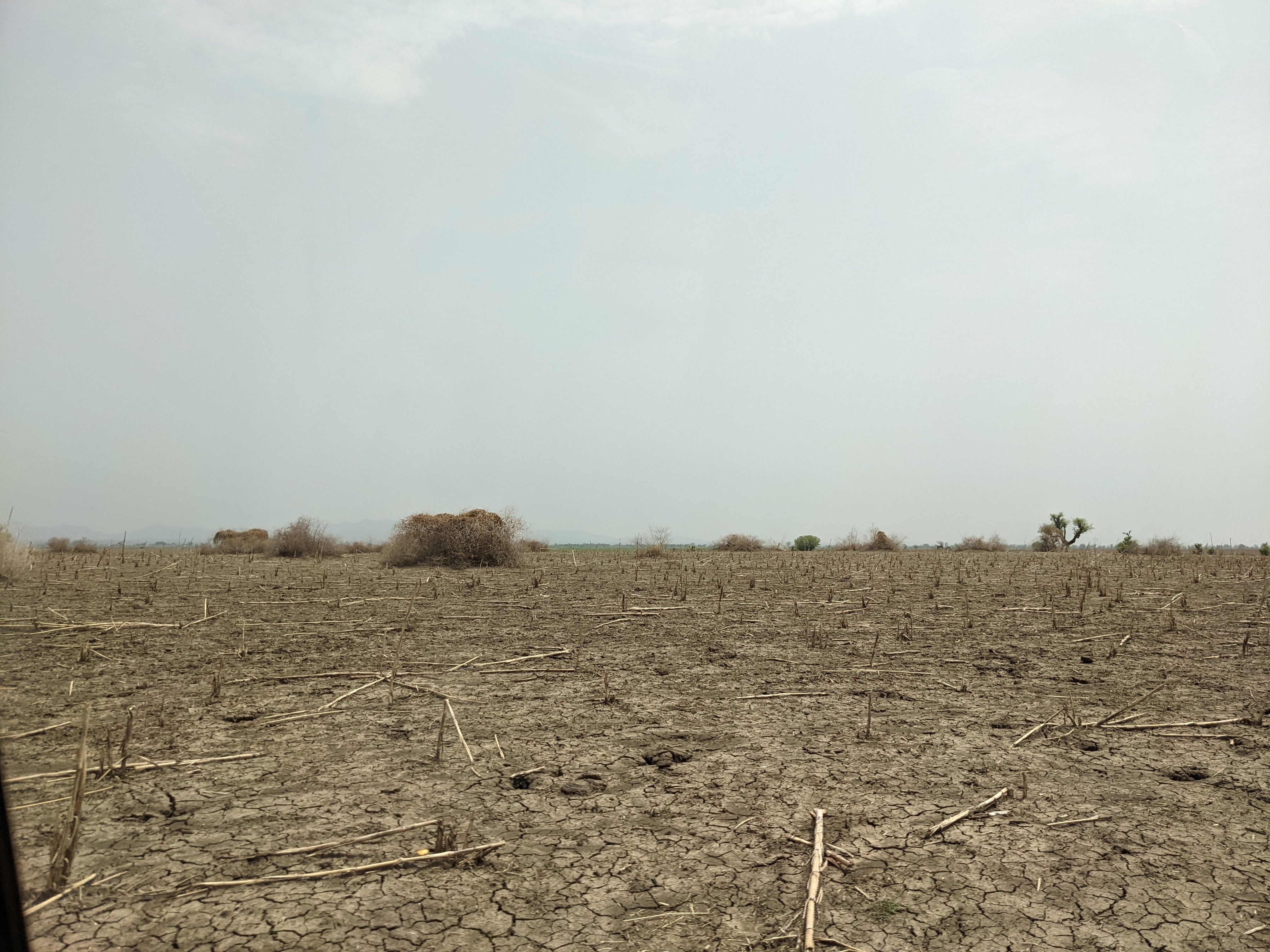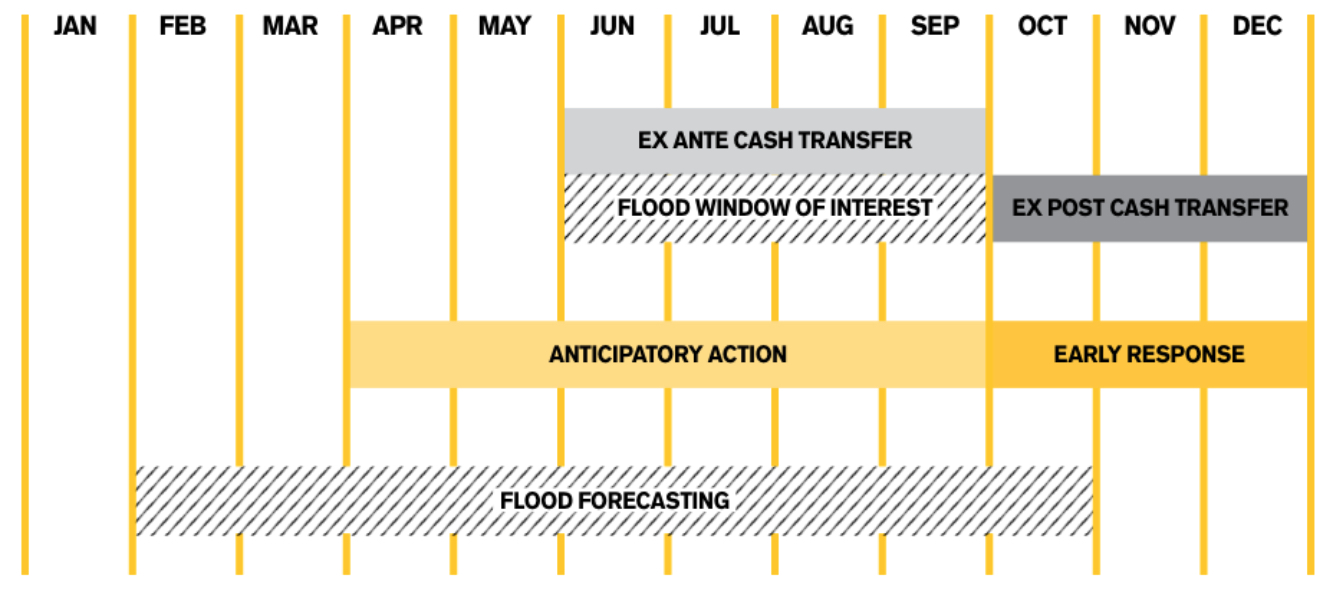
Impacts of anticipatory cash to small-holder farmers and livestock owners in Northeast Nigeria
The overall positive impacts of anticipatory cash to small-holder farmers and livestock owners in Northeast Nigeria in advance of forecasted climatic shocks.
The increasing frequency and severity of sudden and slow onset climatic shocks devastate communities – destroying infrastructure and production, weakening markets and access to basic services, and forcing large scale displacement of populations, compounding vulnerabilities and worsening humanitarian crises. This is especially true in low-income countries, where people are four times more likely to be displaced than in wealthy countries. Climate change impacts are estimated to contribute to more than 200 million people in need of international humanitarian assistance each year. While typical NGO cash disbursements are reactive and rely on emergency financial appeals, preventative measures are especially important as climate shocks continue to worsen globally and humanitarian funding needs remain unmet for both emergencies and preventative responses.
The IRC’s innovative pilot aims to catalyze a transformation in humanitarian preparedness for complex climate crises by disseminating real-time information about climate risks and distributing cash assistance before communities face disaster. This solution is based on extensive research demonstrating that cash and voucher assistance is an effective intervention to improve food security and avoid harmful coping practices during crises.
During the 2022 agricultural season, our pilot delivered one-time lump-sum cash payments of N195,000 Naira (equivalent to US$450) to 1,450 households randomly assigned to one of two groups. Half of eligible households received the cash when triggered by the flood monitoring platform’s risk thresholds (e.g., when river water volume exceeded a certain amount and the probability of a flood was high). An equal number of comparable households (‘control group’) received equal cash payments after the flood hit. The intervention also included early warning messages to all households through community-based early warning workers. IRC’s research was the first experimental evidence from a randomized controlled trial (RCT) on how anticipatory cash compares to post-shock cash transfers in a conflict-affected environment.*

The pilot revealed:
- That households receiving cash transfers before the flood used significantly fewer negative coping strategies, such as reducing meals, than they had before the transfers, compared to those who received cash after.
- That the cash transfer had a significant impact on the number of pre-emptive actions taken by households to protect economic livelihoods in anticipation of flood shocks, such as harvesting crops early, stockpiling food, and evacuating households
- That households that received anticipatory cash increased income-generating investments in agricultural assets and livestock - suggesting that anticipatory cash can help build long-term resilience capacity. 57% of households that received cash transfers before the flood invested in productive assets vs. 44% of households who received cash after.
Costs per household for pre-flood and post-flood transfers suggest that anticipatory cash, like regular humanitarian cash assistance, is more cost efficient for larger scale and longer-term programs.
IRC, which does30% of all impact evaluations across the sector, calls for a switch from reactive to preventative humanitarian assistance, emulating the German government’s commitment of 5% of humanitarian funding going towards preventative response ahead of climate shocks. Approximately 20% of natural disasters are highly predictable, butless than 1% of overseas development assistance (ODA) is pre-arranged towards these efforts. With continued funding from Google.org, IRC will be expanding anticipatory action programs and research in Nigeria during 2024 .
Project Timeline
IFPRI completed data analysis and preliminary results were presented in a workshop with local stakeholders in March 2023.
The post-shock cash transfer was delivered in early November 2022, about two months later than anticipated due to a very lengthy flood season and access issues. Endline data collection took place in early-mid December 2022.
Related Links
Resources
- Livelihoods Cost-Effectiveness Brief – Anticipatory Cash | International Rescue Committee (IRC)
- Anticipatory cash transfers for climate resilience: Findings from a randomized experiment in northeast Nigeria - IFPRI Publications Repository - IFPRI Knowledge Collections
- Cash for Climate Resilience in Nigeria